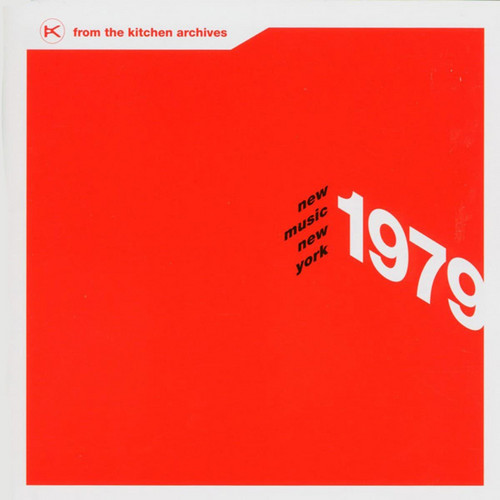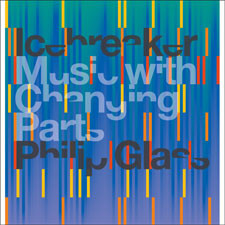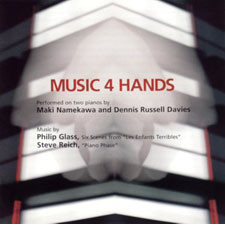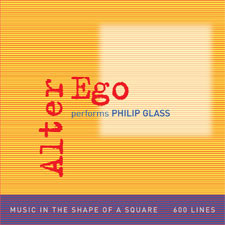Philip Glass
Philip Glass began from premises similar to Steve Reich's but shunned Reich's austere science and always remained closer to popular music than to classical music. He moved away from the arduous repetitive patterns of Music In Twelve Parts (1974), rediscovered melody and approached the format of the opera from a different perspective with Einstein On The Beach (1976). Movie soundtracks, operas and collaborations with pop/rock musicians became his preferred media.
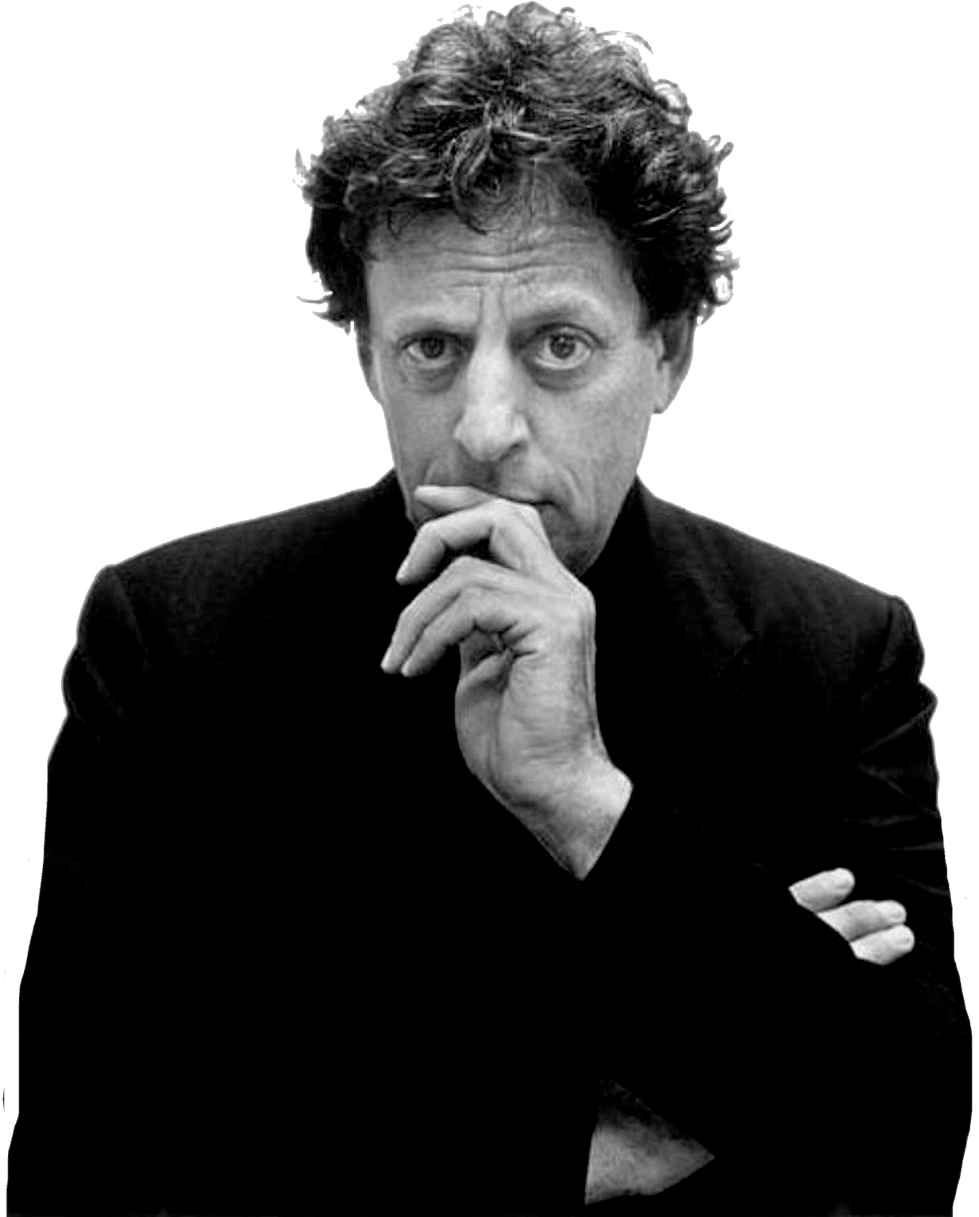
Philip Glass began from premises similar to Steve Reich's but shunned Reich's austere science and always remained closer to popular music than to classical music. He moved away from the arduous repetitive patterns of Music In Twelve Parts (1974), rediscovered melody and approached the format of the opera from a different perspective with Einstein On The Beach (1976). Movie soundtracks, operas and collaborations with pop/rock musicians became his preferred media.
